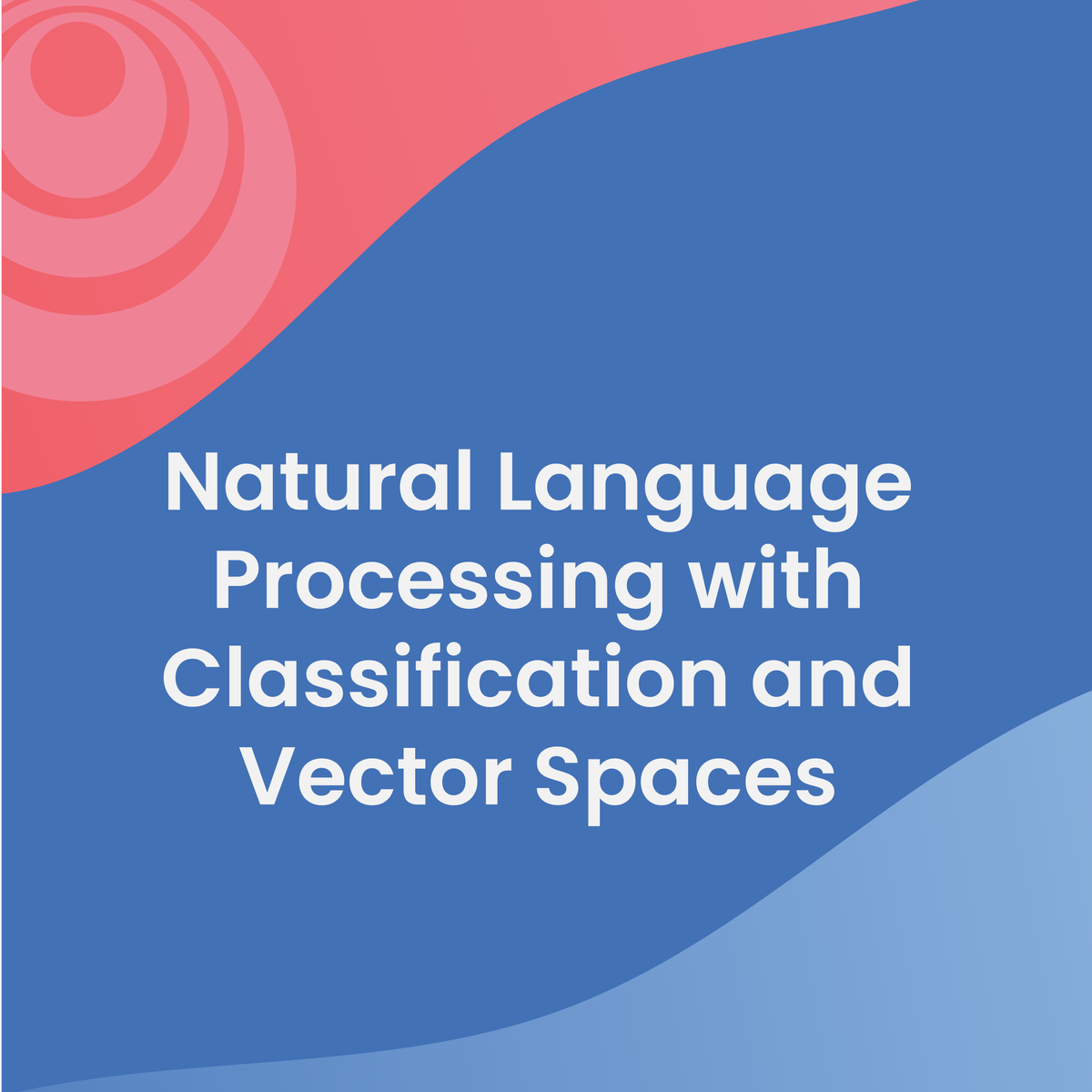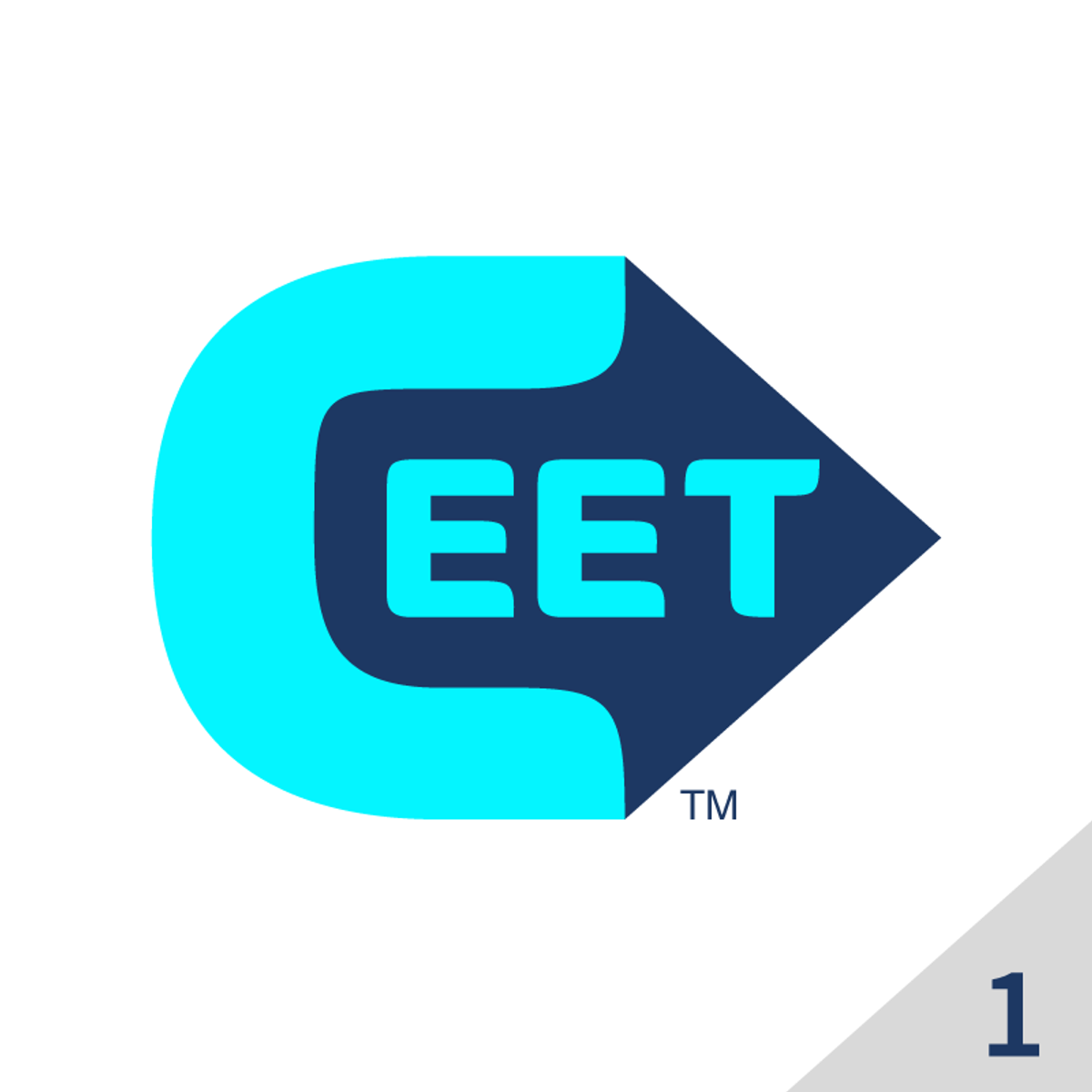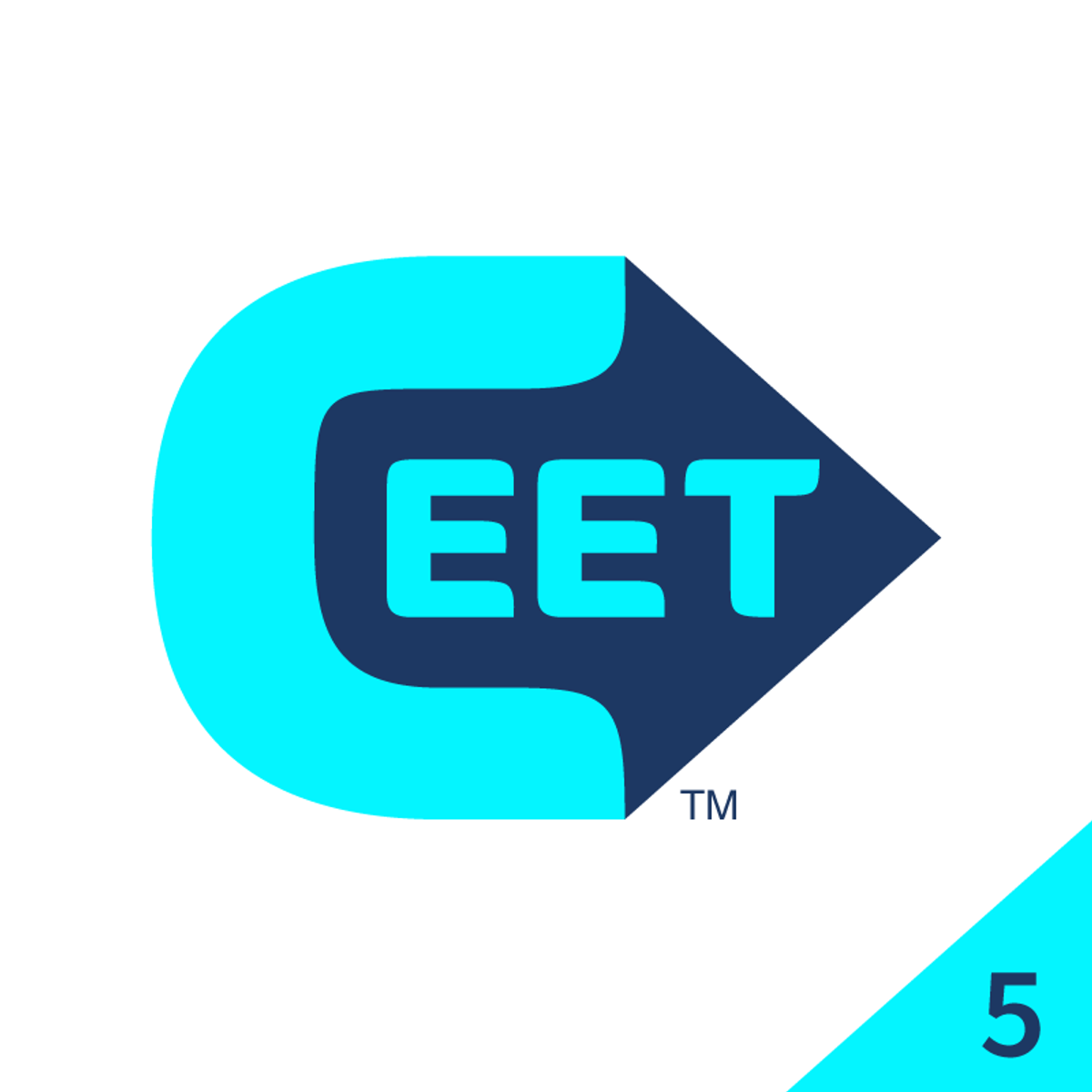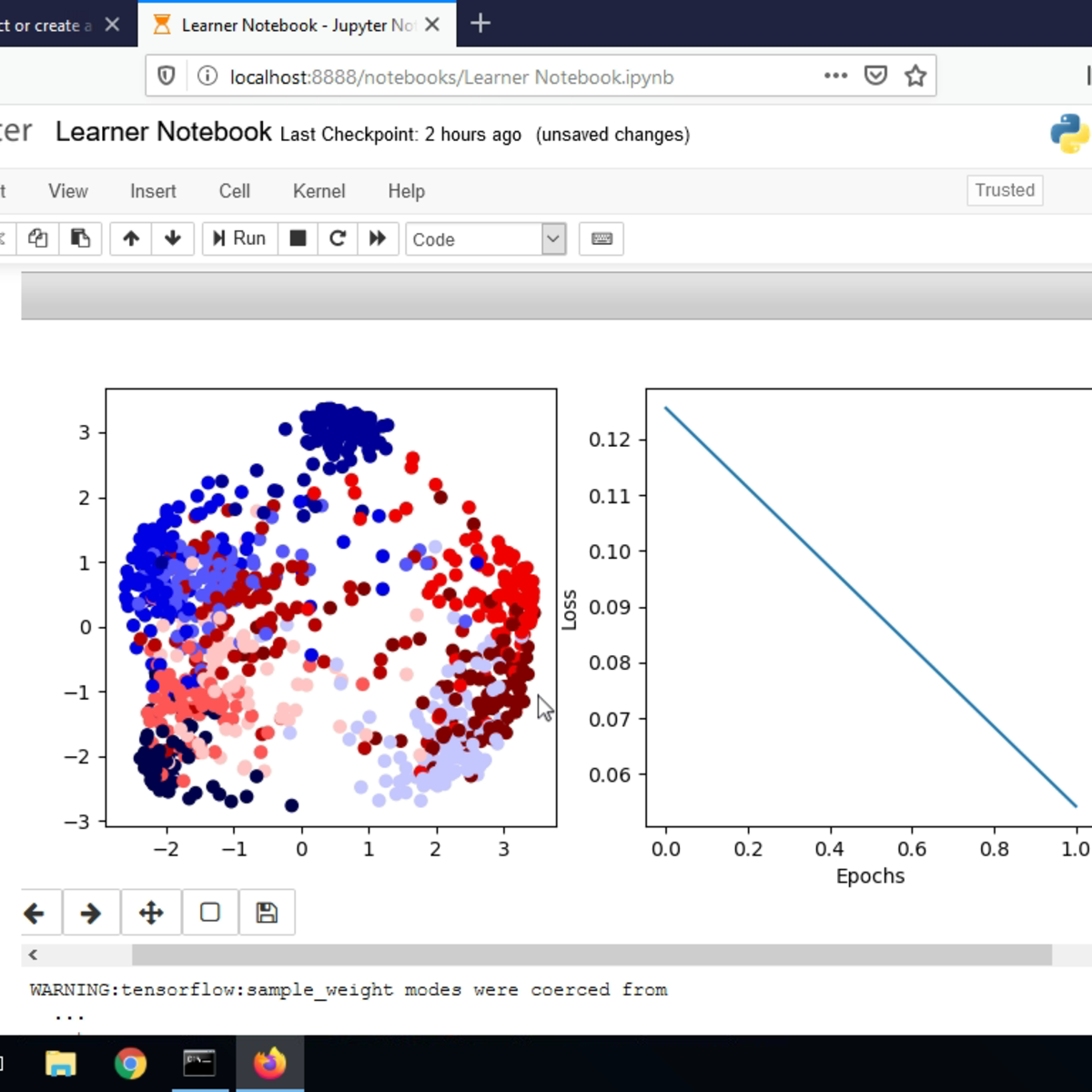Back to Courses









Machine Learning Courses - Page 17
Showing results 161-170 of 485

Foundations of Data Science: K-Means Clustering in Python
Organisations all around the world are using data to predict behaviours and extract valuable real-world insights to inform decisions. Managing and analysing big data has become an essential part of modern finance, retail, marketing, social science, development and research, medicine and government.
This MOOC, designed by an academic team from Goldsmiths, University of London, will quickly introduce you to the core concepts of Data Science to prepare you for intermediate and advanced Data Science courses. It focuses on the basic mathematics, statistics and programming skills that are necessary for typical data analysis tasks.
You will consider these fundamental concepts on an example data clustering task, and you will use this example to learn basic programming skills that are necessary for mastering Data Science techniques. During the course, you will be asked to do a series of mathematical and programming exercises and a small data clustering project for a given dataset.

Natural Language Processing with Classification and Vector Spaces
In Course 1 of the Natural Language Processing Specialization, you will:
a) Perform sentiment analysis of tweets using logistic regression and then naïve Bayes,
b) Use vector space models to discover relationships between words and use PCA to reduce the dimensionality of the vector space and visualize those relationships, and
c) Write a simple English to French translation algorithm using pre-computed word embeddings and locality-sensitive hashing to relate words via approximate k-nearest neighbor search.
By the end of this Specialization, you will have designed NLP applications that perform question-answering and sentiment analysis, created tools to translate languages and summarize text, and even built a chatbot!
This Specialization is designed and taught by two experts in NLP, machine learning, and deep learning. Younes Bensouda Mourri is an Instructor of AI at Stanford University who also helped build the Deep Learning Specialization. Łukasz Kaiser is a Staff Research Scientist at Google Brain and the co-author of Tensorflow, the Tensor2Tensor and Trax libraries, and the Transformer paper.

Perform Sentiment Analysis with scikit-learn
In this project-based course, you will learn the fundamentals of sentiment analysis, and build a logistic regression model to classify movie reviews as either positive or negative. We will use the popular IMDB data set. Our goal is to use a simple logistic regression estimator from scikit-learn for document classification.
This course runs on Coursera's hands-on project platform called Rhyme. On Rhyme, you do projects in a hands-on manner in your browser. You will get instant access to pre-configured cloud desktops containing all of the software and data you need for the project. Everything is already set up directly in your internet browser so you can just focus on learning. For this project, you’ll get instant access to a cloud desktop with Python, Jupyter, and scikit-learn pre-installed.
Notes:
- You will be able to access the cloud desktop 5 times. However, you will be able to access instructions videos as many times as you want.
- This course works best for learners who are based in the North America region. We’re currently working on providing the same experience in other regions.
Promote the Ethical Use of Data-Driven Technologies
The greatest risk in emerging technology is the perpetuation of bias in automated technologies dependent upon data sets. Solutions created with racial, gender or demographic bias, whether unintentional or not can perpetuate tragic inequities socially and economically. This is the first of five courses within the Certified Ethical Emerging Technologist (CEET) professional certificate and it is designed for learners seeking to advocate and promote the ethical use of data-driven technologies. Students will learn what emerging technologies are and how they can be used to create data driven solutions. You will learn types of bias and common ethical theories and how they can be applied to emerging technology, and examine legal and ethical privacy concepts as they relate to technologies such as artificial intelligence, machine learning and data science fields. Throughout the course learners begin to distinguish which types of bias may cause the greatest risk and which principles to apply to strategically respond to ethical considerations.
Create and Lead an Ethical Data-Driven Organization
Creating and leading an ethical data-driven organization, when done successfully, is a cultural transformation for an organization. Navigating a cultural shift requires leadership buy in, resourcing, training, and support through creation of boards, policies, and governance. Beyond leadership and organization, it is imperative to engage employees through forums and incentive programs for continual involvement. A strong understanding of ethical organizational policies provides the foundation for consistent monitoring to maintain an ethical culture.
In this fifth course of the CertNexus Certified Ethical Emerging Technologist (CEET) professional certificate, learners will develop strategies to lead an applied ethics initiative, champion its crucial importance, and promote an ethical organizational culture. Learners will learn how to develop and implement ethical organizational policies and a code of ethics. They will also be prepared to evaluate the effectiveness of policies with internal and external stakeholders.
This course is the fifth of five courses within the Certified Ethical Emerging Technologist (CEET) professional certificate. The preceding courses are titled Promote the Ethical Use of Data-Driven Technologies, Turn Ethical Frameworks into Actionable Steps, Detect and Mitigate Ethical Risks, and Communicate Effectively about Ethical Challenges in Data-Driven Technologies.

Machine Learning Introduction for Everyone
This three-module course introduces machine learning and data science for everyone with a foundational understanding of machine learning models. You’ll learn about the history of machine learning, applications of machine learning, the machine learning model lifecycle, and tools for machine learning. You’ll also learn about supervised versus unsupervised learning, classification, regression, evaluating machine learning models, and more. Our labs give you hands-on experience with these machine learning and data science concepts. You will develop concrete machine learning skills as well as create a final project demonstrating your proficiency.
After completing this program, you’ll be able to realize the potential of machine learning algorithms and artificial intelligence in different business scenarios. You’ll be able to identify when to use machine learning to explain certain behaviors and when to use it to predict future outcomes. You’ll also learn how to evaluate your machine learning models and to incorporate best practices.
In addition to receiving a certificate from Coursera, you'll also earn an IBM Badge to help you share your accomplishments with your network and potential employer.
This Course Is Part of Multiple Programs
You can also leverage the learning from the program to complete the remaining two courses of the six-course IBM Machine Learning Professional Certificate and power a new career in the field of machine learning.

Siamese Network with Triplet Loss in Keras
In this 2-hour long project-based course, you will learn how to implement a Triplet Loss function, create a Siamese Network, and train the network with the Triplet Loss function. With this training process, the network will learn to produce Embedding of different classes from a given dataset in a way that Embedding of examples from different classes will start to move away from each other in the vector space.
This course runs on Coursera's hands-on project platform called Rhyme. On Rhyme, you do projects in a hands-on manner in your browser. You will get instant access to pre-configured cloud desktops containing all of the software and data you need for the project. Everything is already set up directly in your Internet browser so you can just focus on learning. For this project, you’ll get instant access to a cloud desktop with (e.g. Python, Jupyter, and Tensorflow) pre-installed.
Prerequisites:
In order to be successful in this project, you should be familiar with Python, Keras, Neural Networks.
Notes:
- You will be able to access the cloud desktop 5 times. However, you will be able to access instructions videos as many times as you want.
- This course works best for learners who are based in the North America region. We’re currently working on providing the same experience in other regions.

Matrix Methods
Mathematical Matrix Methods lie at the root of most methods of machine learning and data analysis of tabular data. Learn the basics of Matrix Methods, including matrix-matrix multiplication, solving linear equations, orthogonality, and best least squares approximation. Discover the Singular Value Decomposition that plays a fundamental role in dimensionality reduction, Principal Component Analysis, and noise reduction. Optional examples using Python are used to illustrate the concepts and allow the learner to experiment with the algorithms.

Fashion Classification with Deep Learning for Beginners
Hello everyone and welcome to this hands-on guided project on deep learning 101. The objective of this project is to predict fashion class such as pants, shirts, and shoes from grayscale images. This guided project is practical and directly applicable to the fashion industry. You guys can add this project to your portfolio of projects which is essential for your next job interview.

Unsupervised Algorithms in Machine Learning
One of the most useful areas in machine learning is discovering hidden patterns from unlabeled data. Add the fundamentals of this in-demand skill to your Data Science toolkit. In this course, we will learn selected unsupervised learning methods for dimensionality reduction, clustering, and learning latent features. We will also focus on real-world applications such as recommender systems with hands-on examples of product recommendation algorithms.
Prior coding or scripting knowledge is required. We will be utilizing Python extensively throughout the course. College-level math skills, including Calculus and Linear Algebra, are needed. It is recommended, but not required, to take the first course in the specialization, Introduction to Machine Learning: Supervised Learning.
This course can be taken for academic credit as part of CU Boulder’s Master of Science in Data Science (MS-DS) degree offered on the Coursera platform. The MS-DS is an interdisciplinary degree that brings together faculty from CU Boulder’s departments of Applied Mathematics, Computer Science, Information Science, and others. With performance-based admissions and no application process, the MS-DS is ideal for individuals with a broad range of undergraduate education and/or professional experience in computer science, information science, mathematics, and statistics. Learn more about the MS-DS program at https://www.coursera.org/degrees/master-of-science-data-science-boulder.
Course logo image by Ryan Wallace on Unsplash.
Popular Internships and Jobs by Categories
Find Jobs & Internships
Browse
© 2024 BoostGrad | All rights reserved